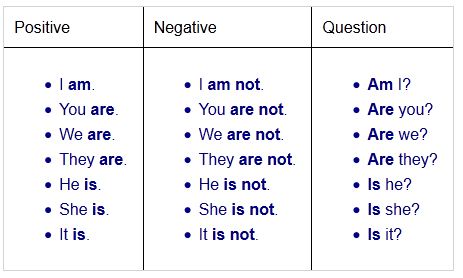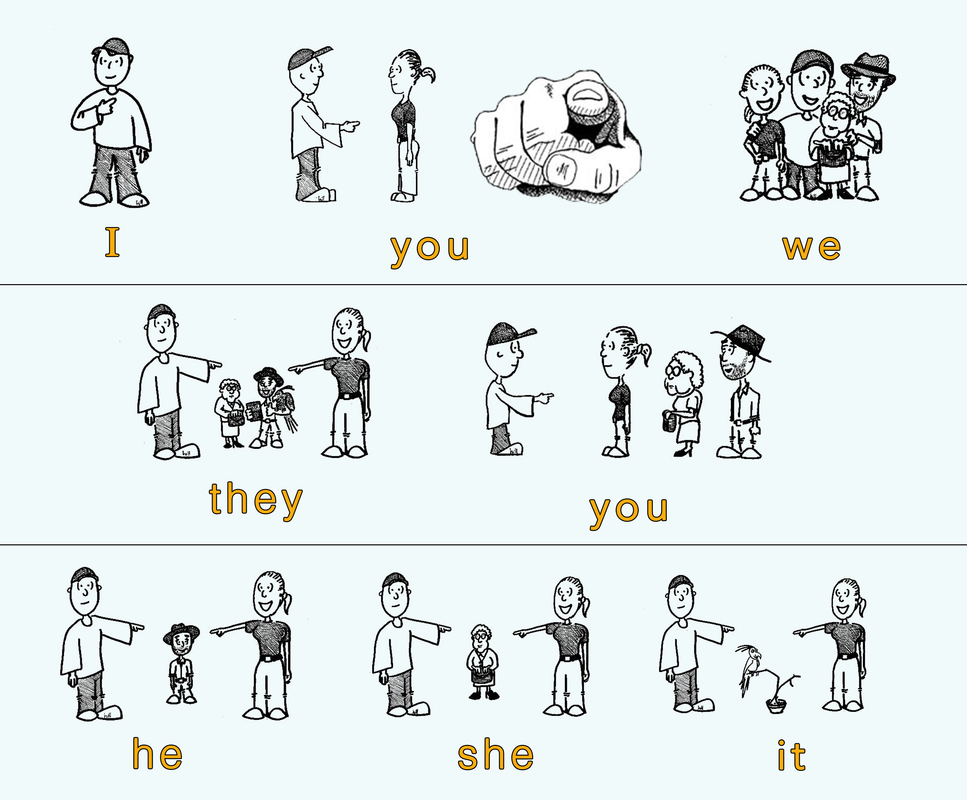Dear students,
You've made a great effort this term, that's why you deserve the best Summer holidays in the world. But, you know what? It's not necessary to go abroad, travel far far away, to have a great spare time. You already have everything you need to have the best Summer ever: a great family, a great town surrounded with beautiful natural places and a lot of friends. Just in case you don't know what to do, here you have some activities you can do to enjoy the following months ahead.
HAPPY SUMMER HOLIDAYS EVERYONE!
Love you,
Teacher Ana















